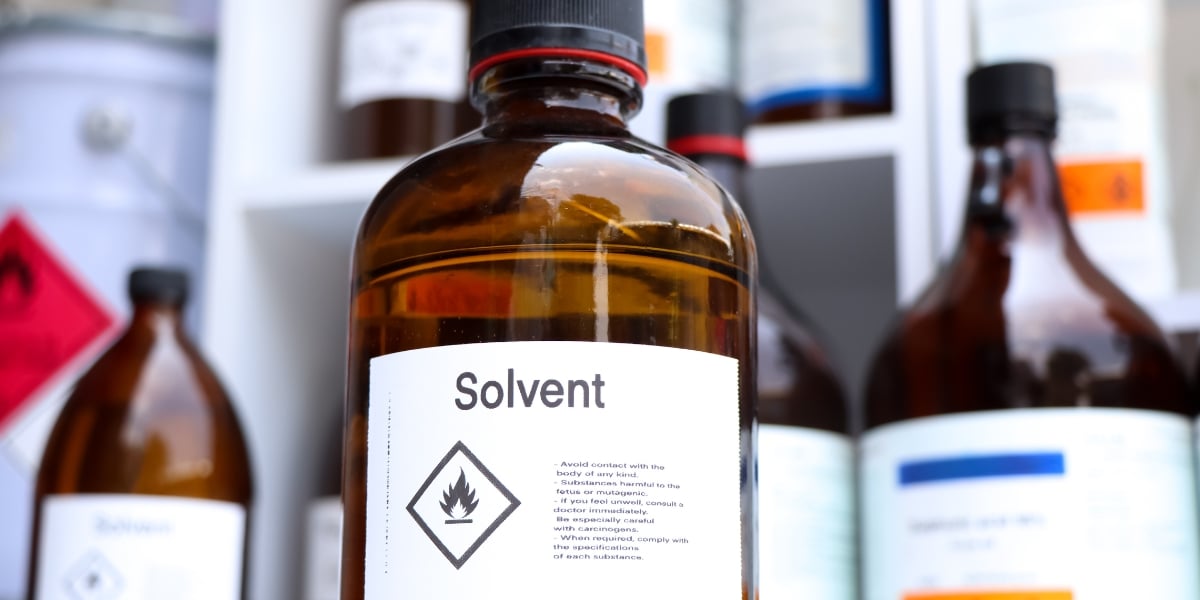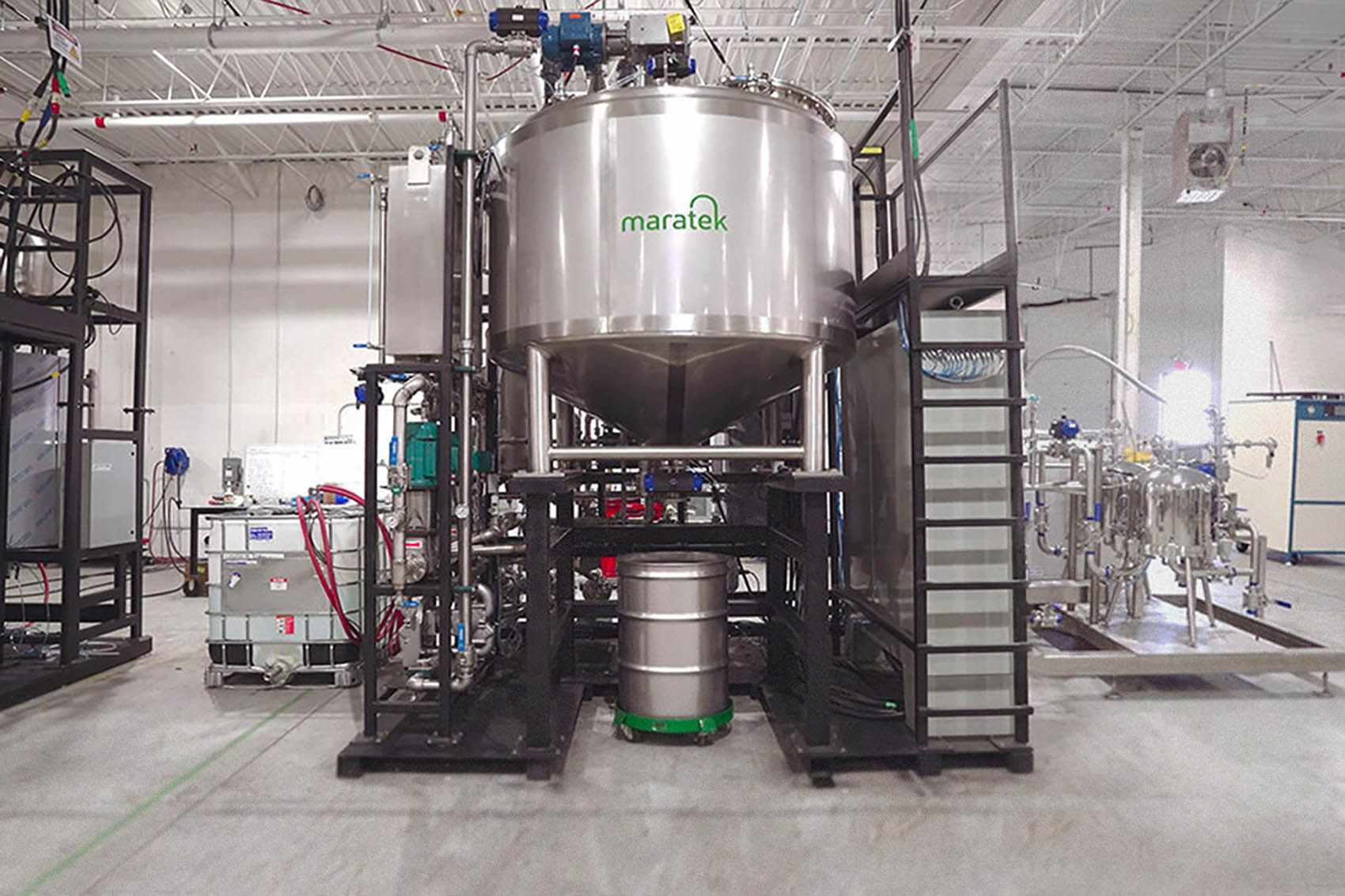Navigating Solvent Use in Industrial Manufacturing
 Solvents play a critical role in industrial manufacturing, yet their widespread use often goes unnoticed. Understanding the types of solvents in your production process is key to not only reducing operational costs but also minimizing your environmental footprint.
Solvents play a critical role in industrial manufacturing, yet their widespread use often goes unnoticed. Understanding the types of solvents in your production process is key to not only reducing operational costs but also minimizing your environmental footprint.
This blog explores common solvents, their applications, and the industries where they're most prevalent.
Common Solvents and Their Applications
- Methyl Ethyl Ketone (MEK): A colorless, flammable liquid with a sweet odor, MEK is utilized in adhesive production, paint, coating, and as a solvent for resins. It’s known for its rapid evaporation and potent solvent properties.
- Acetone: This volatile liquid has a sweet, fruity smell and is essential in plastics, pharmaceuticals, and as a paint thinner. Acetone’s ability to dissolve various materials makes it indispensable in a wide range of applications.
- Isopropyl Alcohol: Used extensively in electronics, pharmaceuticals, and healthcare as a disinfectant, this colorless, flammable liquid is valued for its quick evaporation and antimicrobial properties.
- Paint Thinners: These solvent mixtures are crucial in automotive, construction, and furniture industries for adjusting paint viscosity and cleaning painting equipment.
- Methanol: A slightly sweet-smelling, colorless liquid, methanol is a key component in formaldehyde, biodiesel, antifreeze production, and serves as an alternative fuel source.
- N-Methyl-2-pyrrolidone (NMP): Found in electronics, pharmaceuticals, and petrochemicals, NMP is a clear, high-boiling solvent known for its effectiveness with various polymers.
- Ethanol: Commonly used in pharmaceuticals, food, beverages, and as a fuel additive, ethanol's role in healthcare and pharmaceutical formulations is significant.
- Hexane: Employed in edible oil extraction and as a cleaning agent, hexane's efficiency as a non-polar solvent is vital in the food processing industry.
- Toluene: This aromatic liquid is utilized in chemical production, adhesives, and as a gasoline additive, known for its ability to dissolve diverse compounds.
Addressing Environmental and Cost Concerns
While these solvents are essential for your business, their disposal can be costly and environmentally harmful, leading to soil, water, and air pollution, and posing health risks. Reducing solvent purchasing and disposal not only cuts costs but also diminishes environmental impact.
Solvent Recovery: A Sustainable Approach
In response to these challenges, many companies are adopting solvent recovery as a sustainable solution. Solvent recovery systems enable you to collect, purify, and reuse up to 95 percent of your solvents.
This approach offers significant benefits:
- Cost Savings: Reduces the need for constant solvent replenishment and disposal costs.
- Environmental Preservation: Lessens the ecological footprint by reducing pollution and waste.
- Regulatory Compliance: Helps in adhering to environmental regulations and standards.
Maratek’s Contribution to Sustainable Manufacturing
At Maratek, we specialize in designing and manufacturing diverse solvent recovery solutions. Our equipment is tailored to help you efficiently recover and reuse solvents in your industrial process. Embracing our solvent recovery systems not only curtails expenses but also promotes cleaner, more sustainable manufacturing practices.
Solvents are indispensable in various industrial sectors, but their environmental impact and cost implications cannot be ignored. By implementing solvent recovery methods in your manufacturing business, you can significantly reduce expenses and contribute to more sustainable practices.
If you're uncertain about the solvents used in your processes or their recoverability, Maratek’s expert team is here to assist. We'll review your application and recommend the most effective solvent recovery solution for your company.





